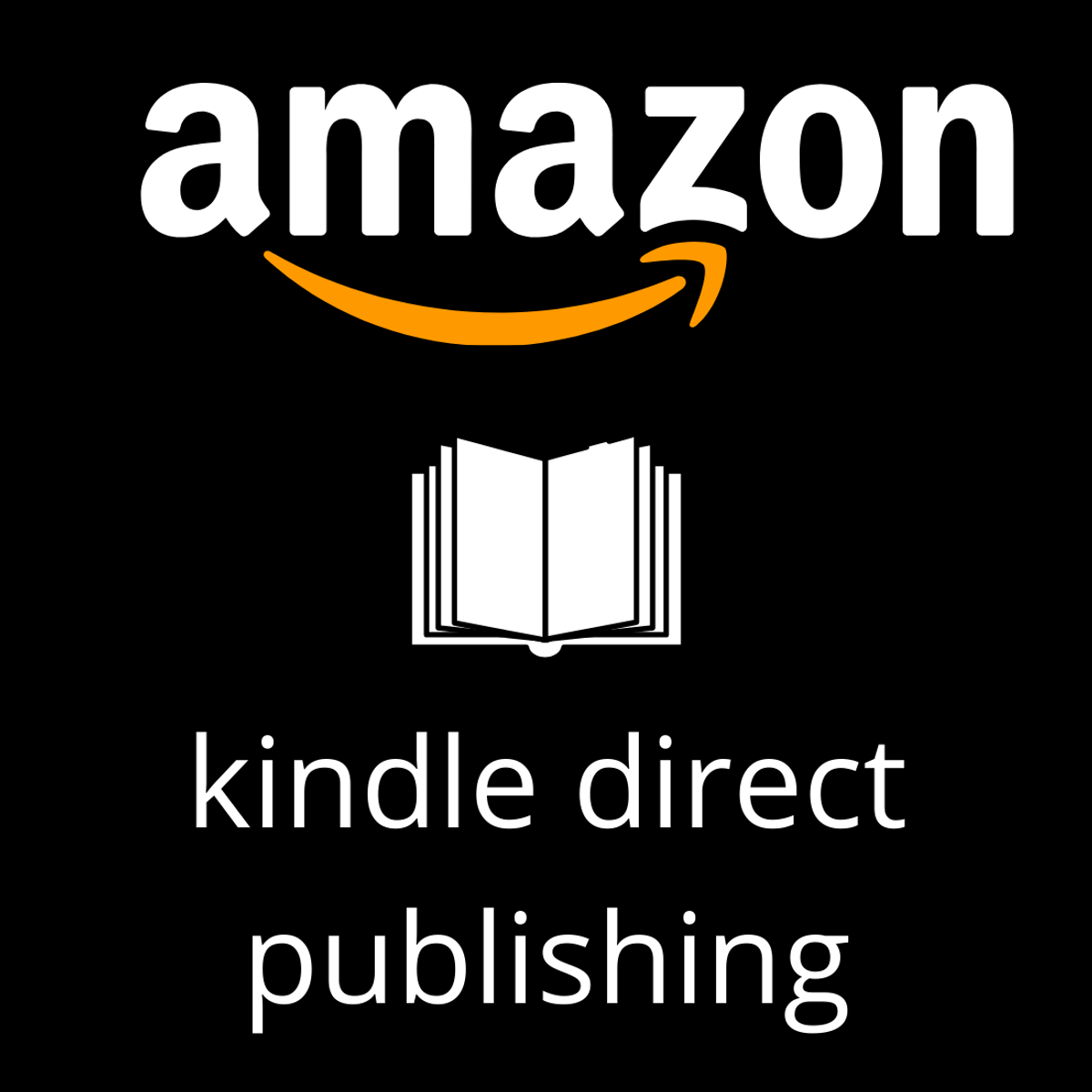Back to Courses









Entrepreneurship Courses - Page 13
Showing results 121-130 of 222

Challenges of Agribusiness Management
The goal of this course is to understand the challenges and opportunities of agribusiness nowadays. From farms to retailers, from input providers to traders, all the diverse players of this value chain interact a complex business environment in which nature, policy, technology and management strategies have to be considered to overcome future challenges and seize upcoming opportunities.
To understand such complexity we will take Italy as a large, open-air lab in which all major phenomena and business dynamics influencing agribusiness worldwide coexist and clearly show their effects. History, heritage and tradition, technology and innovation, brilliant farmers and multinational companies, all in a constrained, diverse physical and business landscape, Italy is the perfect sampling area for agribusiness.
In our learning experience we will benefit from the knowledge and experience of different Bocconi University Professors and several CEOs and top executives who are re-shaping agribusiness concepts.
Course Syllabus:
Week 1: Heritage and Excellence in Italian Agriculture
Week 2: Challenges of the Global Agro-System
Week 3: Innovation in Agribusiness
Week 4: Developing new business concepts

Innovation & Entrepreneurship - From Design Thinking to Funding
This Innovation and Entrepreneurship course focuses on the interconnection between entrepreneurial thinking and innovation. Specifically, we look at models used in Silicon Valley to grow both start-up companies as well as innovation inside large organizations. Bringing together top Haas School of Business, UC Berkeley faculty, this course addresses critical areas for successful growth, including design thinking, open innovation, business models, product-market fit, and financing. This course will teach you how to think like an entrepreneur and provides the models, tools and frameworks to further develop your business or idea. An emphasis will be placed on the IT space.
In this second part, From Design Thinking to Funding, the following areas are included: design thinking; innovation cycle process; business modeling; and funding.

How to Finance and Grow Your Startup – Without VC
Who?
If you’re an entrepreneur at any stage of your journey, or even an aspiring one, and you need money to start or grow your business, this course is for you.
What?
This course will introduce, and help you put to use in your startup, the five models through which your customers can – and will, if you ask them! – fund your business. These five time-tested models have been put to use by entrepreneurial superstars like Michael Dell, Bill Gates, Richard Branson and more. Sadly, though, the five models are rarely talked about and not widely understood. Until now! The five models will be brought to life by the real-world stories of an inspiring collection of incredibly creative entrepreneurs from around the world – including successes and failures – through a series of captivating no-holds-barred interviews with founders and others, and investors, too.
Why?
More than two generations ago, the venture capital community – VC’s, business angels, incubators, and others – convinced the entrepreneurial world that writing business plans and raising venture capital constituted the twin centerpieces of entrepreneurial endeavor. They did so for very good reasons: the sometimes astonishing returns they’ve delivered to their investors and the incredibly large and valuable companies their ecosystem has created. But the vast majority of fast growing companies never take any angel or venture funding. Are they onto something that most of today’s entrepreneurial ecosystem has missed? Indeed, should a business angel or VC be seen as the first port of call for getting your nascent entrepreneurial venture off the ground or growing it faster? Perhaps not.
How?
You’ll be asked to do a series of exercises – out in the real world – to put your growing toolkit to use in your business or the one you hope to start. Hands-on, practical tools to help your business start and thrive – without venture capital. You’ll join our discussion board of fellow participants, if you like, and learn from others who are putting the tools to work, just as you are. And to suit today’s fast-paced lifestyles, we’ve broken what you’ll get – short lessons, interviews, thought-provoking questions, even some optional things to read – into bite-sized chunks, so you can log in and grab them whenever and wherever you are.
And what else?
If, after checking out and perhaps completing this course, you find your company in a position where seeking venture capital turns out to be the right thing to do next, John Mullins leads an inspiring and hands-on executive education course at London Business School – this one face-to-face – called Financing the Entrepreneurial Business. There, among a room full of investors and entrepreneurs, you’ll study a series of captivating real-world cases and learn everything an entrepreneur – or an investor, for that matter – needs to know to handle the person who sits across the deal table and take an entrepreneurial business from start-up to exit. See https://www.london.edu/education-and-development/executive-education/topic/finance/financing-the-entrepreneurial-business#.WIVY_FyTQ-0 for info.

Wharton Entrepreneurship Capstone
In this Capstone project, you will be assembling a pitch deck for a new venture, including the key deliverables (e.g., customer needs, concept description, financials, and so forth). You will review your peers' projects according to a rubric develop by Wharton Entrepreneurship and practice applying the same criteria VC’s use in evaluating potential investments.

Self Publish Your Book on Amazon Kindle Direct Publishing
In this 1.5-hour long project, you will be self-publishing a paperback book on Amazon Kindle Direct Publishing. You will be guided through the entire process of selecting a trim size, downloading a template, formatting the book according to the requirements of Amazon KDP, creating a book cover using the Cover Creator tool, setting up an Amazon KDP account and then publishing the book on Amazon KDP. We will also discuss keyword research & category selection to ensure your book appears on the search result. We will also be discussing the best practices to follow while choosing a Title and Pen name to avoid trademarks and copyright issues in the future. You will also be guided to handle tax and banking requirements while setting up a KDP account. By the end of this project, you will be confident in self-publishing any book through Amazon Kindle Direct Publishing.

How to finance your venture ?
The course aims at providing knowledge and experience to entrepreneurs and would-be entrepreneurs. Entrepreneurs generally start with a mission, a new idea that they want to bring to the world. If the idea is original, it is probably not expected by the market, which has to be educated. This is a very costly experience. Entrepreneurs need to gather capital at the start of the journey. They need to articulate clear plans, define objectives and resources and raise money accordingly. They also need to manage cash for two reasons: i) because the better it is managed, the less you need to raise with outsiders; ii) because generation of cash flow is the pillar of the valuation of the company. And we should add that the practical reason why a company gets bankrupted is because it runs out of cash..
The course is based on this belief. We look at the myth of the balance sheet and explain the dynamics of cash flows and the way they should be managed. We also investigate the basics of venture capital and provide a practical roadmap to entrepreneurs.
Many courses are dedicated to the same topic. Our originality is that we operate in the advisory board of the private equity firm, Xerys and are board members of their venture companies. In addition, Michel was the country head for Merrill Lynch in France while Philippe served in the same function at UBS. The former as head of investment banking, the latter as head of global markets.

Expenses in ProfitBooks
ProfitBooks is an online accounting and payroll management software for small businesses. It allows users to organize offices finances and track all activities related to their business. This free online tool allows you to manage your money without accounting knowledge, grow sales with powerful invoicing tools, track inventory with ease, and run your business with total confidence.
This project will take a deeper look into the Expenses tab in Profitbooks. We will explore the functions and features Profitbooks has to offer small business owners for managing their business expenses. In this project we will create a purchase order, record an expense for a project we add to the system, record a purchase, create a payment voucher and add a vendor into the system.
ProfitBooks hosts your information on the secure and widely-trusted Amazon Web Services (AWS). The company has also implemented additional security features like secure-access, built-in firewalls, encrypted data storage and periodic back-ups to keep your data safe. You can read more about their security policy here: https://www.profitbooks.net/cloud-data-security/

Analyzing Product Opportunities with Creately
By the end of this project, you will be fluent in identifying and analyzing product and market opportunities for new businesses, and in deriving next phase strategies from your analysis. This will enable you to generate positive results for your business venture. This project is designed to engage and harness your visionary and exploratory abilities. You will use proven models in competitive strategy and the Creately platform to explore and analyze these models. This is an important step for individuals or companies wanting to explore new markets for products or services.
We will practice critically examining markets and products structures that affect the business. You will engage in evaluating, through examples and hands-on practice, making decisions on product orientation for existing markets as well as new markets. Furthermore, you will assess whether to modify or keep the product structure when entering the market. This project furthers the knowledge and skills acquired during "Analyzing Market Attractiveness Using Creately", and is important step in engineering a successful product or service.
Effectuation: Lessons From Expert Entrepreneurs
Have you ever wondered what it would be like to be an entrepreneur? To start new ventures, build and grow them, be your own boss, create good jobs for other people, make money, and change the world for the better? Do you dream about becoming an entrepreneur but worry that it may be too difficult, require more resources than you have, or involve too much responsibility? Do you fear you don’t have what it takes, or that you might fail not just once, but over and over again?
In this course, developed at the University of Virginia Darden School of Business and taught by Saras Sarasvathy (Paul M. Hammaker Professor in Business Administration), you will learn how effectual entrepreneurship helps overcome four obstacles people commonly face when they think about becoming an entrepreneur. We will not be going into the nitty gritty details of starting a new venture. Instead, we will explore the lived experiences of entrepreneurs around the world--people who have built for-profit, non-profit, and other kinds of ventures. You will learn from these expert entrepreneurs how to think and act effectually, co-create new possibilities from things already within your control, and tackle uncertainty without having to predict the future.

The Sun and the Total Eclipse of August 2017
A total eclipse is one of the most spectacular sights you can ever see! It looks like the end of the world may be at hand. There is a black hole in the sky where the sun should be. Pink flames of solar prominences and long silver streamers of the sun's corona stretch across the sky. It gets cold, and animals do strange things. People scream and shout and cheer, and remember the experience their whole life. But total eclipses are important scientifically as well. They let us see parts of the sun’s atmosphere that are otherwise invisible. A total eclipse presented the first chance to test Einstein’s prediction that matter can bend space – like near a black hole. The best total eclipse in the United States in 40 years happens August 21st, 2017.
This course has two primary goals:
1) to get you excited for the total solar eclipse coming in August 2017 and prepare you and your community to safely view it
2) to provide an inviting overview of the science of the sun and the physics of light
If you are most interested in preparing for the eclipse, you can hop right into Week 5! If you want the full course experience, and to get some fun scientific context for what you'll be seeing on August 21st, start with Week 1 and move through the course week by week!
[Note: if you start with Week 1, you can skip through some of the repeated material once you get to Week 5.]
Overall this course will prepare you to...
* Safely view the total or partial solar eclipse
* Help others watch safely and even make money by leading a “neighborhood watch” of the eclipse
* Review fundamental sun science, including the physics of light, how astronomers study the sun, how it formed, how we know what’s inside it, and where the energy that supports life on earth is generated
Popular Internships and Jobs by Categories
Find Jobs & Internships
Browse
© 2024 BoostGrad | All rights reserved